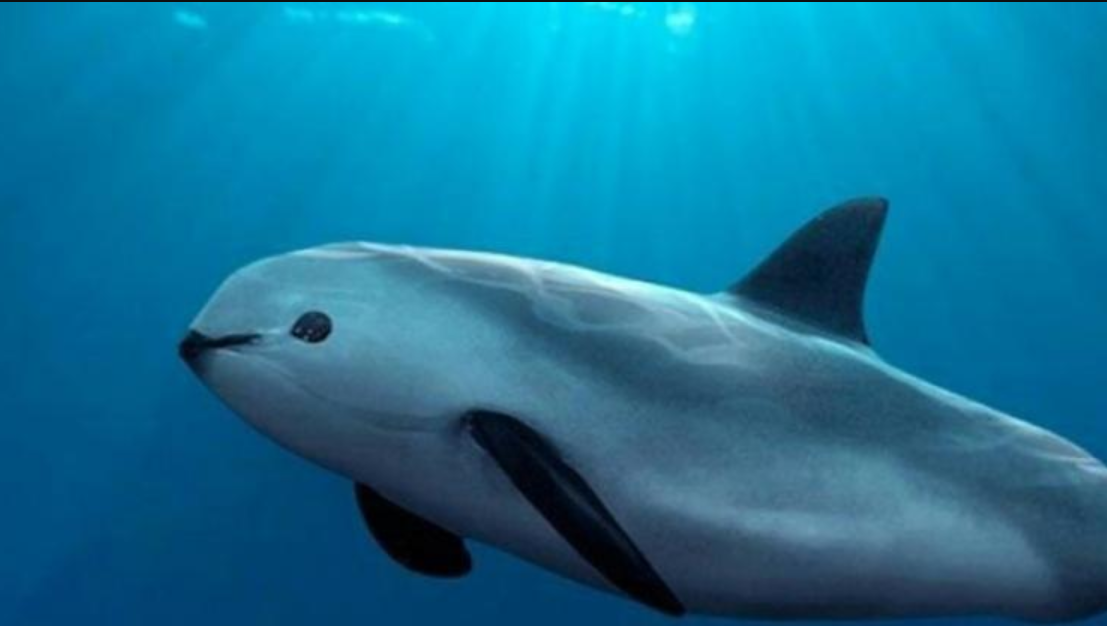Ocean Noise - Part 1 - Episode 1
Ocean Noise Pollution - Part 1 - Episode 1
20th November 2023 I Kiera Mc Garvey Sears - ORCA Scicomm Team
ORCA Ireland is delighted to present a new educational series focusing on Ocean Noise Pollution. Written and produced by ORCA Ireland's Educational Officer, Marine Biologist - Kiera Mc Garvey Sears, this episode explores some of the sources of noise in our oceans, including biophony, geophony and anthrophony.
Dive in and learn about this unseen but not unheard threat to marine wildlife in our oceans.
Ocean noise, both natural and human-introduced, has a significant impact on marine life and ecosystems. Here is why:
Key Insights:
🌊
Ocean noise encompasses both natural and human-introduced sounds, creating a complex soundscape in the seas.
🦞
American lobsters and mantis shrimp can create low frequency buzzing or rumbling by vibrating their carapace through muscle contraction.
🦈
Certain shark species may use the unintentional noise produced by fish to track their prey in the ocean.
🌊
Marine animals use noise, such as slapping their bodies against the water, to navigate, communicate, and search for prey through echolocation.
🚢
The global shipping economy depends on large cargo ships and smaller private vessels that contribute to the noise pollution in the oceans.
🔊
Sonar devices use sound waves to detect underwater objects, but the use of active sonar can produce significant sounds in our oceans, impacting marine life.
🌊
Seismic air guns shoot compressed air at the seafloor to locate oil reservoirs and do geology research.
🔊
Construction activities such as pile driving and mechanical vibrations from turbines contribute to noise pollution in the ocean, impacting marine life.
Full Video Timestamped Summary
00:00 Ocean noise includes natural sounds from rain, wind, waves, and ice, as well as sounds created by ocean animals and humans.
00:55
Invertebrates can produce sounds through stridulation, muscle contraction, cavitation, and vibrating body parts against the substrate.
01:49 Fish make noise through stridulation, swim bladder, and unintentional hydrodynamic motion, with marine mammals being the most associated with sound production in the ocean.#
02:44 Marine animals use vocalizations, larynx, and specialized air sacs to communicate, navigate, and search for prey, as well as create noise through body slapping and jumping.
03:48 Human activity, especially marine traffic, introduces noise into the ocean environment, impacting marine life.
04:21 Sonar devices use sound waves to detect underwater objects, with passive sonar listening to existing sounds and active sonar emitting pulses to gather information about surroundings, including echo-sounders used for navigation and detecting fish, but these technologies also produce significant sounds in the ocean during offshore construction.
05:16 Seismic surveys use air guns to locate oil reservoirs and conduct geology research, while marine traffic remains elevated for construction.
05:38
Construction activities like dredging, drilling, and pile driving create noise pollution, and wind farms also contribute to ocean noise, affecting marine life.
SHARE THIS ARTICLE













